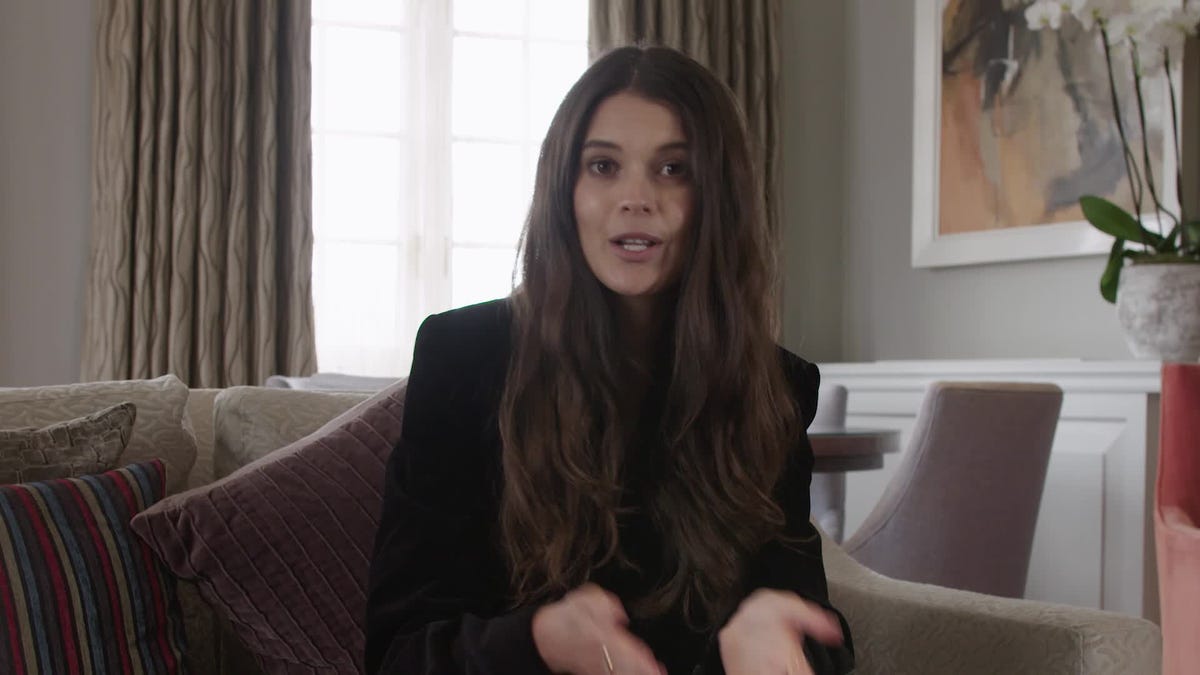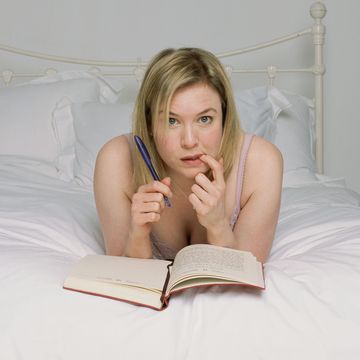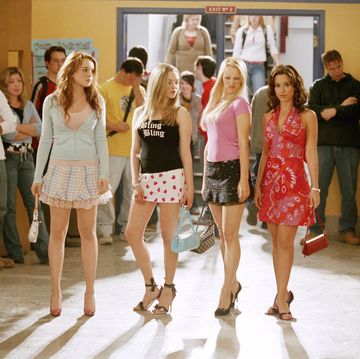Last week, I went for a walk and didn’t check how many steps I had done. The day before, I opened up my ongoing personal writing project and instead of clocking up 1,000 words, I wrote one. I rewarded myself with a bar of Tony’s Chocolonely, a cup of scalding tea and episode after episode of Call My Agent!
Let me reassure you that this is not yet another ode to self-care - a tribute to another regime that we pick up only to forget when the going gets tough. Rather, this is an about-face; an attempt to refocus on the virtue of dialling down, effectively stepping off the treadmill of only doing and producing. And it couldn’t come at a more appropriate time; we live in a period where productivity is next to godliness. All this makes sense because when chaos abounds, we look for certainty - and there is nothing firmer than pure action.
As change and fear unfolded in the year since lockdown one, as cancelled holidays and broken plans became the new norm, our brains craved full stops and ticked boxes. We set off with gusto as bread was made and Duolingo pings rang out across the nation. We believed, because that’s what we’ve been told, that if we could only do more, everything would start to make sense; that if we were stronger, better, this time of enforced vulnerability would be but a blip. We insist on the seductive draw of busyness because it creates a sense of agency, a much-desired feeling especially when times are difficult, and we feel powerless. “[Productivity] gives us a sense of purpose, meaning and achievement and in some cases, a way to avoid or escape,” explains Bonny Allyson, therapist at Bonny Allyson Healing. “The point of pausing and getting in touch with ourselves is to prove that we can. We may be scared of what we are feeling, but when we sit with it and address it, [we can] find out what’s going on. It’s then that we can be free.”
We have been told since we were soft and pliable about the importance of doing the correct thing. Our entire culture is predicated on growth at all costs. Efficiency is our religion and we are weak against the face of it. You could say that the core of self-improvement is nothing if not keeping a hyper vigilant eye on our wobbly human bits. Of course, we need goals, but the issue is that to live a life where our only form of sustenance seems to be to achieve is to miss out on the richness of all life has to offer.
In searching only for being better, we miss out on the nourishing absorption of feeling better. What would happen if, instead of eating food from Whole Foods to satisfy health diktats, we did so to taste the succulence of pucker fresh fruit? Or instead of running to beat some self-imposed rule we moved our bodies to feel the sweet pain of being alive and mobile, turning away from the desire to enhance or deflate bits of our bodies. Even art hasn’t been able to escape our need to do it – with must-watch, listen, read lists peppering our consciousness. We should
turn to culture not to ‘keep up’ but to understand ourselves, our relationships, our world and to miss this soothing aspect is to put its importance in peril.
In such a cognitively demanding time, it makes sense to look harder at the alternative options wellness has afforded us. Here, meditation, yoga and other somatic methods can be a balm. But once more our desire to be held aloft on a sea of doing instead of being threatens to turn the very things which were supposed to comfort us into harder, stronger sticks to beat ourselves with.
For those fortunate to afford it, talking therapy can help shift us into a mode where sitting and processing an emotion can take us where we need to go. "The yogis say focus on the breath, because they know that the brain always wants a goal," says Allyson. It seems that this drive for an end point may make talking therapy seem meandering at best, unhelpful at worse, especially when it may feel as though there are quicker, simpler solutions. “It may feel like you are wasting your time, [but] therapy will help build your confidence; it can change your life,” asserts Allyson.
The beginning of 2021 has writ large the very true fact that in difficult times we must find ways to cope. By turning towards doing we shore ourselves up, sustaining on adrenalised activity. The problem is this fuel will eventually run out, leaving us feeling listless and robbing us of the very meaning we so crave. It is true that we are so much more than what we simply do. Yes, there is space for the Strava app and the Pomodoro Technique has helped me focus as I’ve acclimatised to working from home. But, as Annie Dillard said in her book, The Writing Life, “how we spend our days is, of course, how we spend our lives. What we do with this hour, and that one, is what we are doing. A schedule defends from chaos and whim. It is a net for catching days. [However] a schedule is a mock-up of reason and order — willed, faked, and so brought into being.”
And so, as I set off on yet another unscheduled and unplanned afternoon stroll, I try to remember that it is presence rather than productivity that is key to a life lived richly. And as summer approaches, I’m determined to grab as much life as I can get.
In need of some at-home inspiration? Sign up to our free weekly newsletter for skincare and self-care, the latest cultural hits to read and download, and the little luxuries that make staying in so much more satisfying.
Plus, sign up here to get Harper’s Bazaar magazine delivered straight to your door.














